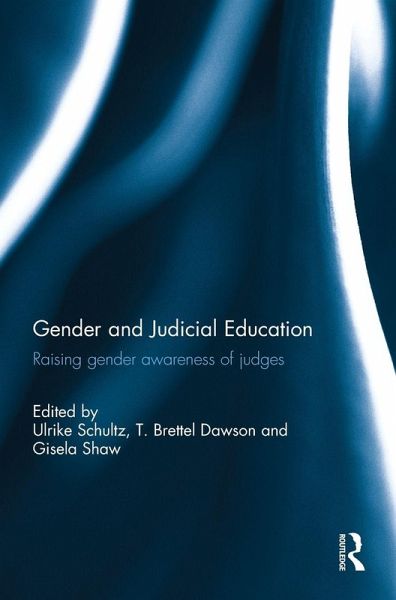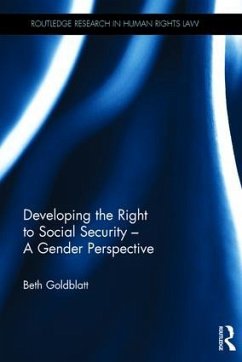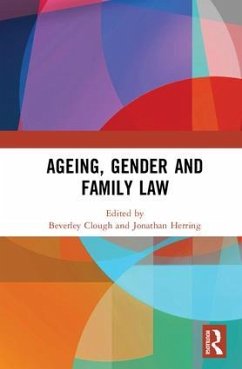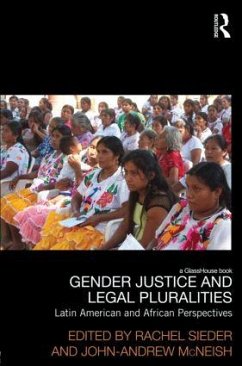
Gender and Judicial Education
Raising Gender Awareness of Judges
Herausgeber: Schultz, Ulrike; Shaw, Gisela; Dawson, T. Brettel
Versandkostenfrei!
Versandfertig in 1-2 Wochen
167,99 €
inkl. MwSt.

PAYBACK Punkte
84 °P sammeln!
Do judges need gender education? Why is it important? In what way has it to be done? The demand for gender equality in modern constitutions has created the necessity to integrate gender issues in judicial education. The ongoing feminization of the judiciary has sharpened the awareness for it. This books aims to deal with these issues from the perspective of many different law systems from across the world.














